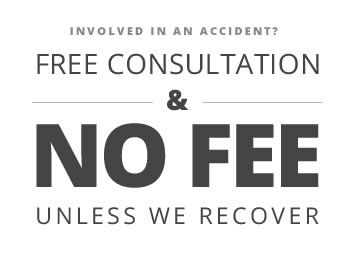If you have ever scheduled surgery or other medical procedure in Maryland, it is likely that you spend time reviewing stacks of documents in advance. The paperwork typically includes information regarding potential risks involved with treatment, an overview of anesthesia, and other relevant details. Once you go through the documents, you will be asked to sign and initial as a caveat for undergoing the procedure. This process has a name in the practice of medicine and in the practice of law — informed consent. However, the statutory provisions and legal concepts are not intended to protect your interests. Informed consent laws safeguard health care providers if you are injured as a result of medical treatment. You should discuss your specific situation with a Maryland medical malpractice attorney, but some background information may be useful.
Maryland’s Law on Informed Consent
While some states have enacted legislation on the topic, the informed consent laws in Maryland are derived from case precedent. In the 1977 case of Sard v. Hardy, the court handed down an opinion regarding the two situations where it applies:
Informed Consent for Planned Procedures
In a situation in which you will have time to review and consider your decisions regarding treatment, a health care provider is required to advise you on:
- An overview of the procedure;
- Risks and potential dangers; and,
- Whether other reasonable alternatives would be less invasive or risky.
By signing documents on these subjects, you are providing your informed consent to medical care.
Emergency or Urgent Medical Treatment
There are some situations where you may not have the opportunity for advance consultation and document review. Your informed consent may come through other medically accepted methods, such as:
- Nodding, squeezing someone’s hand, blinking, or other visual forms of assent; or,
- The presumption that you would have provided consent under the circumstances, if you were in a position to do so.
Exceptions to Informed Consent
Once you indicate your informed consent through one of these methods, you cannot withdraw it or seek compensation if something goes wrong with your medical treatment. There are some exceptions, however, so you still have rights if:
- Your assent was procured through fraud or deception;
- The medical condition for which you sought treatment was a misdiagnosis;
- Your health care provider misrepresented a material fact regarding the procedure; or,
- Your doctor engaged in such negligence as leaving an object inside your body or performing the wrong procedure.
If these or other exceptions apply, you may still be entitled to recover monetary damages for additional medical costs, lost wages, pain and suffering, and other losses.
Discuss Your Remedies with a Baltimore County, MD Medical Malpractice Lawyer
Implied consent has a significant effect on your rights as an injured patient, so it is wise to work with an experienced attorney when seeking compensation for your losses. For more information about how informed consent works in Maryland medical malpractice claims, please contact attorney Michael A. Freedman set up a free consultation. Our attorneys can provide additional details regarding your rights once we have a chance to review your unique circumstances.



